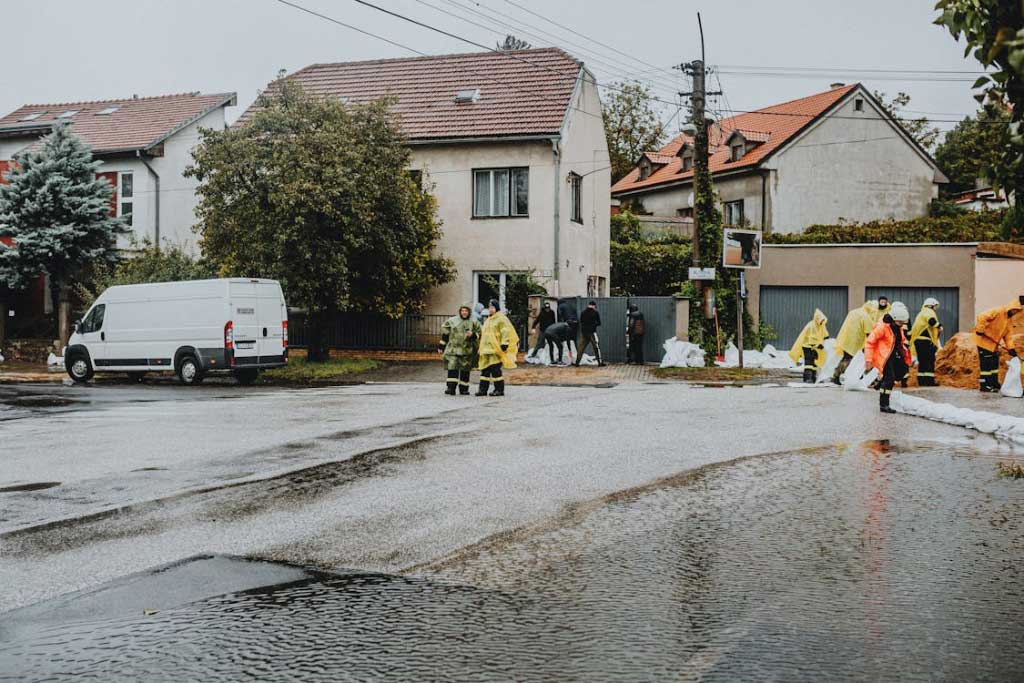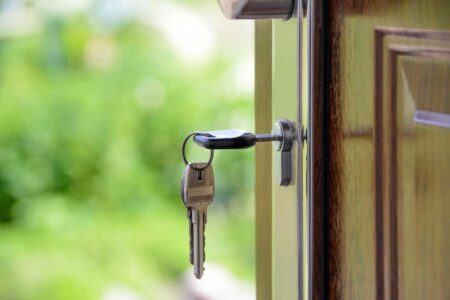While many of us might be enjoying the sun and the heat that comes with it, summer tends to bring about much more dramatic weather, depending on where you live, too. If you haven’t yet experienced storm season in your home, or the last one did some damage, you might be worried about the next time some inclement weather rolls around. So, what can you do to protect your home?

Secure Your Exterior Items
Since your garden and the exterior of the home are the parts that are going to be hit by the brunt of the weather, take the time to spot anything that can be lifted into the air in high winds. Patio furniture, potted plants, grills, garden tools, and even children’s toys can quickly turn into projectiles. Store them indoors or anchor them securely. Don’t forget to trim your trees and shrubs of dead branches and to check panels and gates for loose panels or posts that can be secured, as well.
Check And Maintain Your Roof And Gutters
The roof is another part of the home that takes a lot more of the storm and, as such, it’s important to check on its condition early into the summer, if possible. Inspect for missing or damaged shingles, and have them repaired promptly. Ensure flashing and sealant around vents and chimneys are intact to prevent leaks. Your gutters are worth a closer look, too, as they’re more likely to become clogged due to debris being kicked up by the wind. Clean out your gutters or consider even installing gutter guards to prevent that debris buildup in the first place.
Reinforce Your Windows
Your windows can turn into a vulnerability when the bad weather arrives. If you have very old windows, especially single-pane windows, you may want to replace them with more resilient types. However, you don’t always have to replace them to make them stronger, as Metro Tint window tinting can add a protective layer to the window that can not only help reduce impacts to some degree, but prevent cracks from turning into shatters if high-speed debris from the window hits it. Some films also offer UV protection and energy efficiency, making them a smart year-round investment.
Consider A Backup Power Solution
Storms can do more than physically damage the house; they can also cause power outages, which can leave you stranded and frustrated. A whole-house generator is ideal for seamless backup power, but portable generators are more affordable and still effective for running essentials like refrigerators, sump pumps, or medical devices. Safe fuel storage is vital if you end up investing in a generator of any kind. If you want to opt for greener options, solar-powered emergency kits can be a great addition, too.
If a storm hits your home, the above tips can ensure that you’re not left totally unprotected. It’s still wise to take the time to fully inspect the property when the weather calms down, to make sure you don’t miss any damage your insurance can help with.








